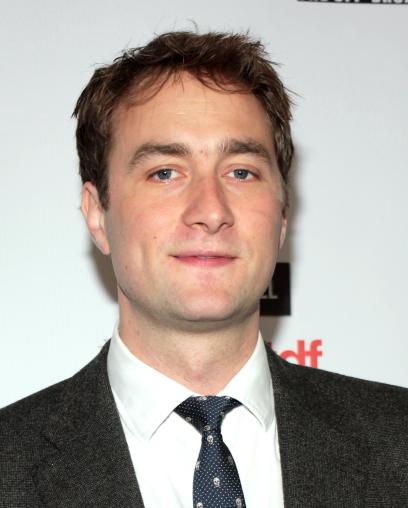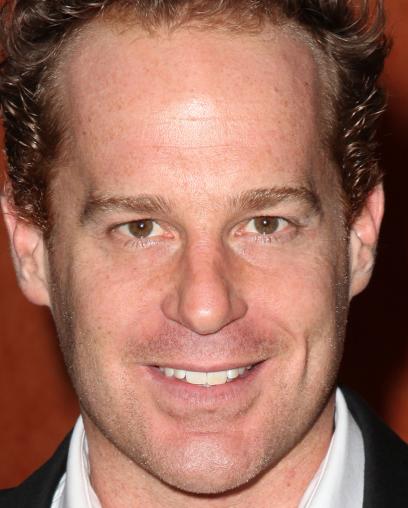King Charles III - 2015 Broadway History , Info & More
Music Box Theatre (Broadway)
239 West 45th St. New York, NY
The Queen is dead. After a lifetime of waiting, Prince Charles ascends the throne. A future of power lies before him... but how to rule?
Winner of the 2015 Olivier Award for Best Play, King Charles III is the "bracingly provocative and outrageously entertaining" (The Independent) drama of political intrigue by Mike Bartlett that comes to Broadway following a sensational West End run. Directed by Rupert Goold and deemed "the most insightful and engrossing new history play in decades" by Ben Brantley of The New York Times, this "bold and brilliant" (The Times of London) production explores the people underneath the crowns, the unwritten rules of Britain's democracy and the conscience of its most famous family.
King Charles III - 2015 - Broadway Cast
FEATURED REVIEWS FOR King Charles III
'King Charles III' review: Wayward Windsors
6 / 10
One of the mourners at Queen Elizabeth's funeral says 'I never thought I would see her pass away,' to which an aging Prince Charles, finally preparing to ascend to the throne, answers 'I felt the same.' Are we meant to laugh at that line, as many did at the preview I saw of 'King Charles III'? Does playwright Mike Bartlett want the exchange to be a cheap joke, a camped-up wink at the tabloid-ready burdens of the royal family? ... This is just the first of many perplexing moments in the Olivier-winning London smash, times when I felt tossed around by the inconsistent tone and confusing intentions in what is cleverly subtitled 'a future history play.'
‘King Charles III’ Broadway Review: Princess Di’s a Ghost and Kate’s a Real Witch
8 / 10
Mike Bartlett begins his play unpromisingly with yet another of those weekly meetings between a prime minister and a modern monarch. In this case, however, the monarch isn't Queen Elizabeth but her son Charles, who is suddenly king because his 89-year-old mom is now dead. How prescient of Bartlett.
King Charles III History
Other Productions of King Charles III
| 2015 | Broadway |
Original Broadway Production Broadway |
King Charles III - 2015 Broadway Awards and Nominations
| Year | Ceremony | Category | Nominee |
|---|---|---|---|
| 2016 | Drama Desk Awards | Outstanding Actor in a Play | Tim Pigott-Smith |
| 2016 | Drama Desk Awards | Outstanding Director of a Play | Rupert Goold |
| 2016 | Drama Desk Awards | Outstanding Play | King Charles III |
| 2016 | Drama League Awards | Distinguished Performance Award | Tim Pigott-Smith |
| 2016 | Drama League Awards | Outstanding Production of a Broadway or Off-Broadway Play | Mike Bartlett |
| 2016 | Outer Critics Circle Awards | Outstanding Costume Design (Play or Musical) | Tom Scutt |
| 2016 | Outer Critics Circle Awards | Outstanding Director of a Play | Rupert Goold |
| 2016 | Outer Critics Circle Awards | Outstanding New Broadway Play | Mike Bartlett |
| 2016 | Tony Awards | Best Costume Design of a Play | Tom Scutt |
| 2016 | Tony Awards | Best Direction of a Play | Rupert Goold |
| 2016 | Tony Awards | Best Performance by an Actor in a Featured Role in a Play | Richard Goulding |
| 2016 | Tony Awards | Best Performance by an Actor in a Leading Role in a Play | Tim Pigott-Smith |
| 2016 | Tony Awards | Best Play | Mike Bartlett |
Videos






_joan_marcus.jpg?format=auto&width=720)
